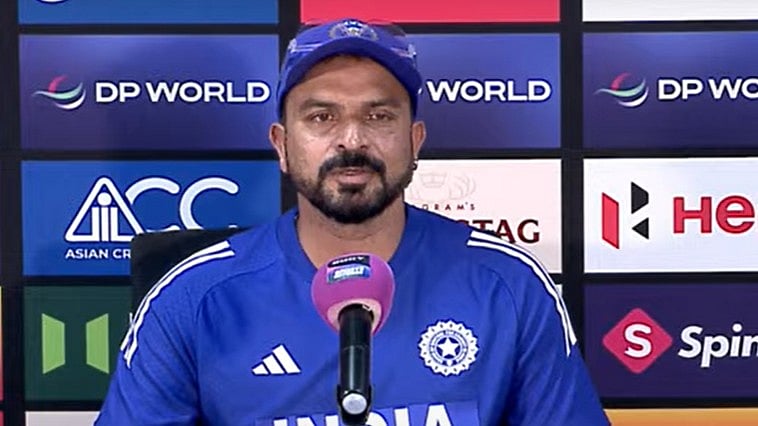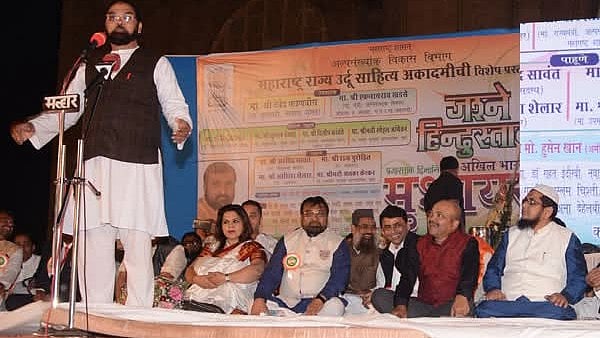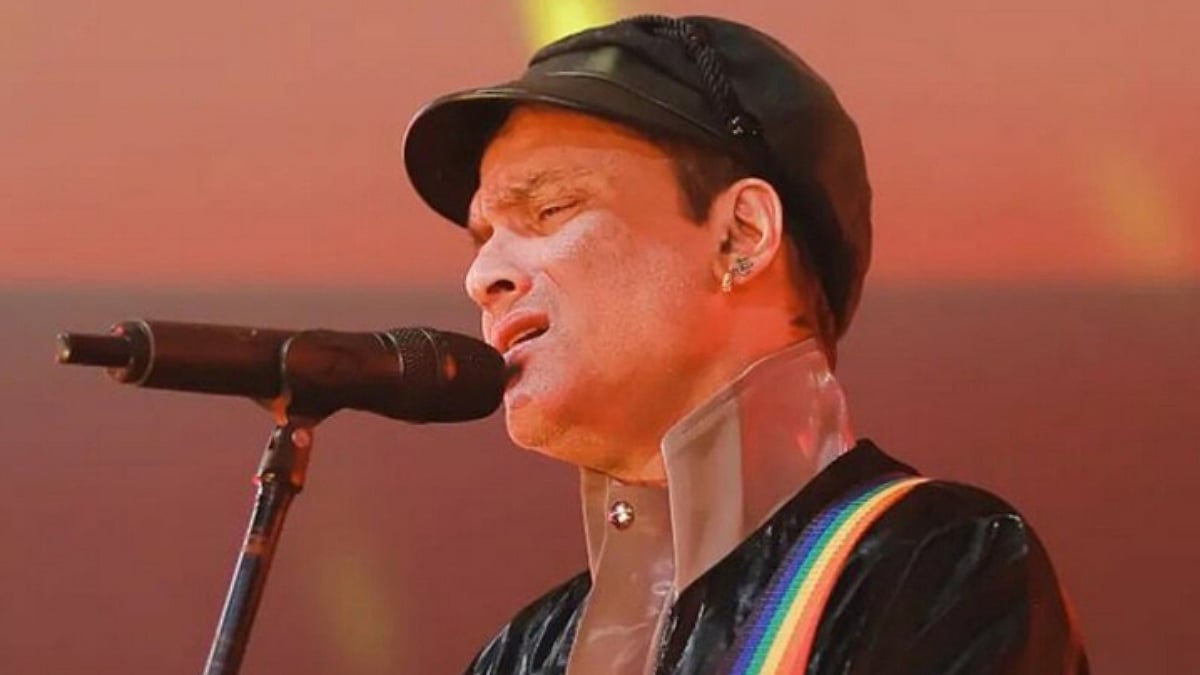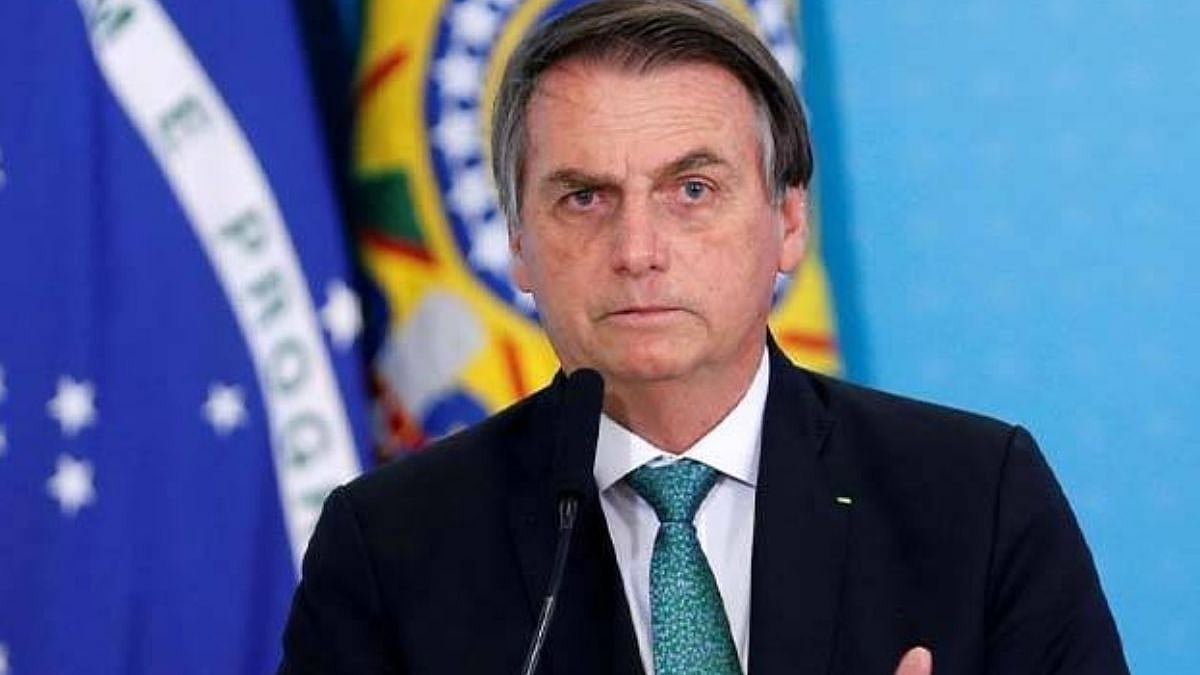The 2024 Lok Sabha elections in India have marked a significant shift in the country’s political landscape. For the first time since 2014, the Bharatiya Janata Party (BJP) has not secured an outright majority, forming the government with the support of its allies in the National Democratic Alliance (NDA). Simultaneously, the opposition has received a boost, with Rahul Gandhi emerging as the Leader of Opposition after a decade-long hiatus from the role. The Parliament showdown between Rahul and Modi was indeed intense and significant. This scenario underscores the importance of a multifaceted opposition in a vibrant democracy, as opposed to a binary choice between two dominant figures — Narendra Modi and Rahul Gandhi.
A binary political landscape, where the electorate is presented with a choice between two dominant figures, often undermines the democratic ethos. This binary framework tends to simplify complex political issues into a contest of personalities rather than policies, reducing the rich tapestry of political discourse into a mere popularity contest. When democracy is reduced to a binary choice, the nuances of governance, the diversity of opinion, and the multiplicity of interests that a truly representative government must address are overshadowed.
In the context of India, the Modi vs Rahul narrative has been a recurrent theme in electoral politics. Narendra Modi, with his strongman image and charismatic appeal, has dominated the political scene for over a decade. On the other hand, Rahul Gandhi, often portrayed as the reluctant prince of the Congress party, has struggled to match Modi’s popularity but remains a significant figure in the opposition. This dichotomy has often led to a polarised political environment where the focus shifts from substantive policy debates to personal attacks and rhetoric.
The 2024 Lok Sabha elections have, however, introduced a much-needed shift. The BJP, despite forming the government, did so without an outright majority, relying on its allies to secure power. This outcome highlights the limitations of a binary political narrative, as the electorate’s choice was not as clear-cut as it may seem. The reduced majority signifies a growing disenchantment with single-party dominance and indicates a desire for more balanced and representative governance.
Moreover, the emergence of Rahul Gandhi as the Leader of Opposition marks a rejuvenation of the opposition space. After ten years without a recognised leader of opposition, this development is a significant step towards strengthening democratic accountability. However, it is crucial that the opposition leverage this opportunity to present a united and coherent alternative to the ruling dispensation rather than merely positioning itself as the antithesis of Modi’s leadership.
One of the critical aspects of a multifaceted opposition is the inclusion and empowerment of regional parties and diverse political voices. India’s political landscape is incredibly diverse, with regional parties playing pivotal roles in representing local interests and addressing region-specific issues. The coalition dynamics post-2024 highlight the importance of these regional players. Parties like the Telugu Desam Party (TDP), led by N. Chandrababu Naidu, and the Janata Dal United (JDU), led by Nitish Kumar, have significant influence in their respective states and bring valuable perspectives to the national discourse.
The inclusion of these parties in the government formation process not only ensures a broader representation of interests but also encourages a more collaborative approach to governance. It mitigates the risks associated with majoritarianism and promotes a more inclusive political environment where multiple voices can be heard and considered. This multifaceted approach is essential for addressing the complex and varied needs of a diverse country like India.
For democracy to thrive, it is imperative that the opposition move beyond the Modi vs Rahul binary and focus on building a coherent and effective alternative. This requires the opposition to coalesce around common issues and policies rather than personalities. Economic challenges, social justice, environmental concerns, and federalism are some of the areas where the opposition can build a robust and positive agenda.
The opposition must also work towards strengthening internal democracy within their parties, fostering leadership at multiple levels, and encouraging young and dynamic leaders to take the forefront. This not only rejuvenates the political landscape but also ensures that the opposition is not overly reliant on a single leader, thereby avoiding the pitfalls of personality-driven politics.
In this evolving political scenario, the role of civil society and the media becomes even more crucial. An active and engaged civil society can hold the government accountable and ensure that the voices of marginalised and underrepresented communities are heard. Similarly, free and fair media can facilitate informed public discourse, scrutinise governmental actions, and provide a platform for diverse opinions.
However, both civil society and the media face significant challenges in the current environment. There have been increasing instances of media suppression, curbs on freedom of expression, and targeted harassment of civil society organisations. It is essential that these institutions are protected and empowered to function independently, as they are vital pillars of a functioning democracy.
The 2024 Lok Sabha elections have underscored the importance of a multifaceted opposition in India’s democratic framework. Moving beyond a binary choice of Modi vs. Rahul is essential for fostering a more inclusive, representative, and accountable political system. The emergence of regional parties, the strengthening of the opposition, and the active role of civil society and the media are crucial elements in this process.
For democracy to flourish, it must embrace the multiplicity of voices and perspectives that reflect the true diversity of the nation. This approach not only enriches the political discourse but also ensures that governance is more responsive to the needs and aspirations of all citizens. As India moves forward, it is imperative that the political narrative evolve to reflect this diversity, fostering a healthier and more vibrant democracy.
The author, a columnist and research scholar, teaches journalism at St. Xavier's College (autonomous), Kolkata. He tweets at @sayantan_gh. Views are personal










